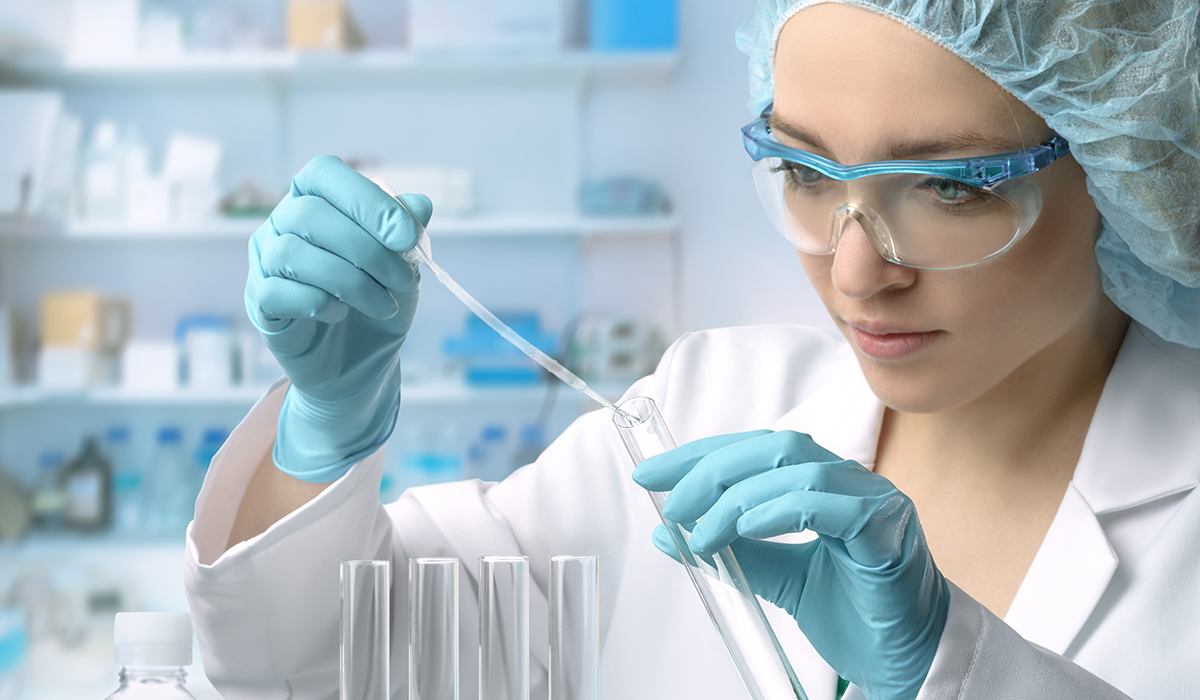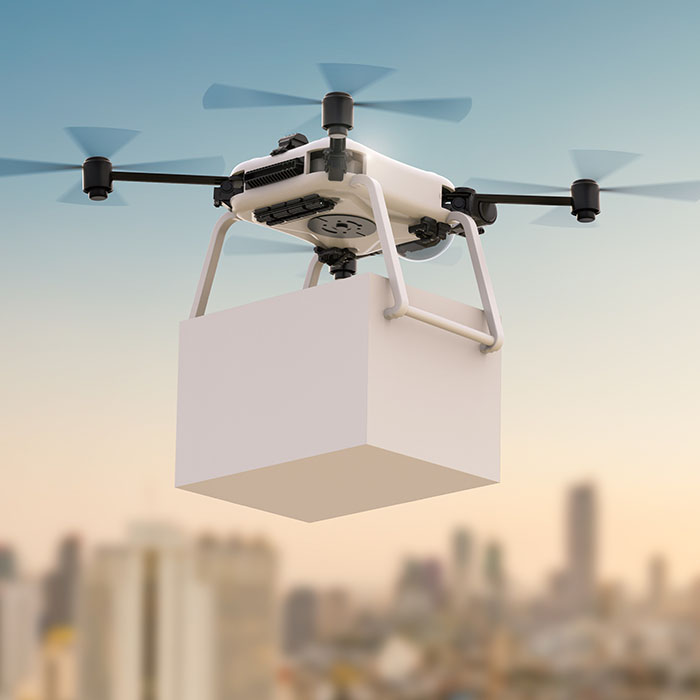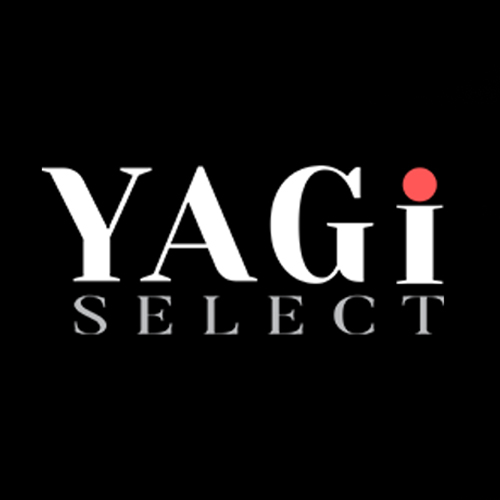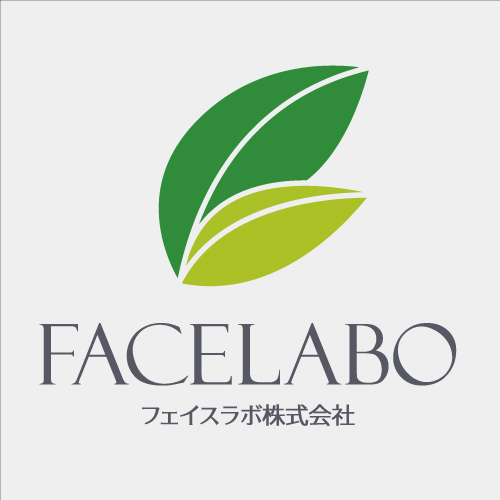December 12, 2022
Major Pharmaceutical Companies are Focusing on Training Biopharmaceutical Engineers in Cell and Gene Technology

Kyowa Kirin will build a new dedicated training facility, and Daiichi Sankyo will increase its technical staff by about 30%. The mainstream of large-scale new drugs is shifting from conventional small molecule drugs, mainly chemically synthesized, to bio drugs that use living cells. Amid the changing tide of new drug development, these pharmaceutical companies develop specialized human resources and establish a stable infrastructure for supplying products.
Kyowa Kirin will establish a new training facility at its Takasaki Plant (Takasaki City, Gunma Prefecture) in the fiscal year 2024 to train biopharmaceutical production engineers. The total floor area will be approximately 800 square meters and include culture tanks and refining equipment. The program will combine practical training and classroom learning, and it plans to take two to three years to learn everything from manufacturing to quality control.
Biopharmaceuticals are drugs manufactured by recombining genes or using proteins made by microorganisms as ingredients. Some world's pharmaceutical companies are proceeding with development, led by the results of "mRNA (messenger RNA), " which has attracted attention to the vaccine for the new coronavirus.
By the fiscal year 2025, Daiichi Sankyo will increase the number of engineers responsible for the production and analysis of biopharmaceuticals by about 30% from the fiscal year 2022. The company focuses on developing anti-cancer "ENHERTU," and other biopharmaceuticals called antibody-drug conjugates (ADCs) and mRNA. The company plans to invest up to 300 billion yen over five years in ADC's production facilities.
Evaluate, a UK research firm, predicts that the share of biotech drugs in global prescription drug sales will rise from 40% in 2020 to 51% in 2028.
Japan needs to catch up in the development of biotech drugs. According to IQVIA, a US research firm, 47 biotech drugs accounted for the top 100 global ethical medicines in sales in 2021. Of these, 19 products are made by US companies, while only two are made by Japanese companies, making it an urgent need for Japan to strengthen the development system.








